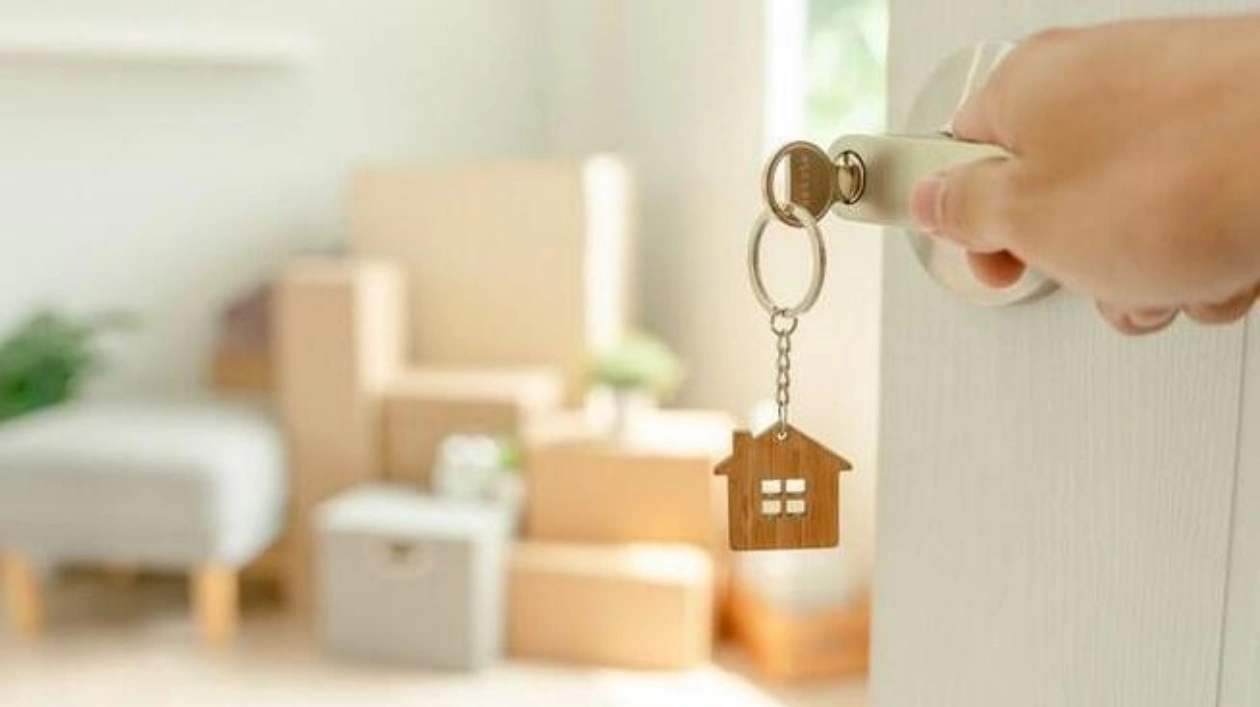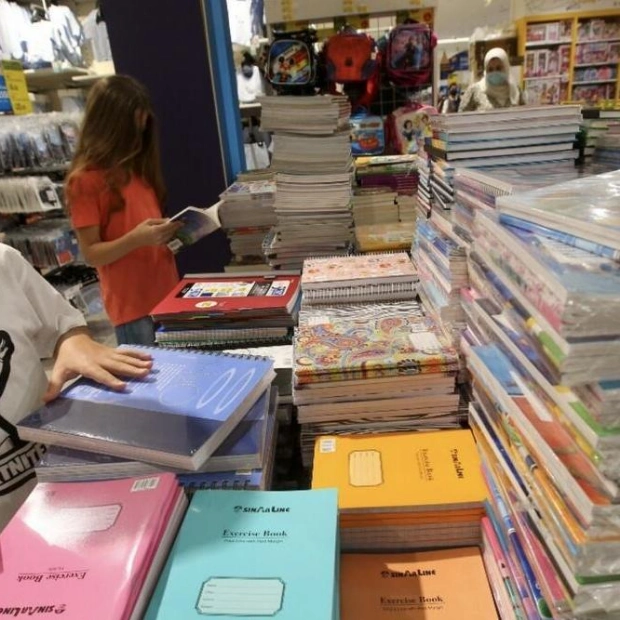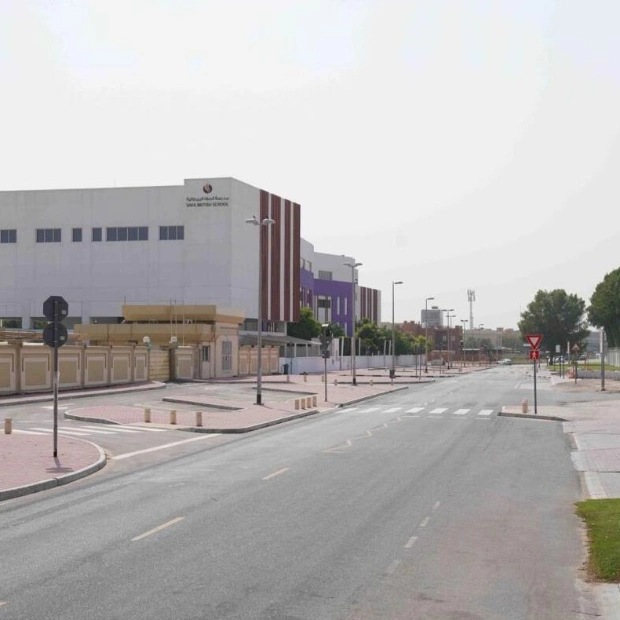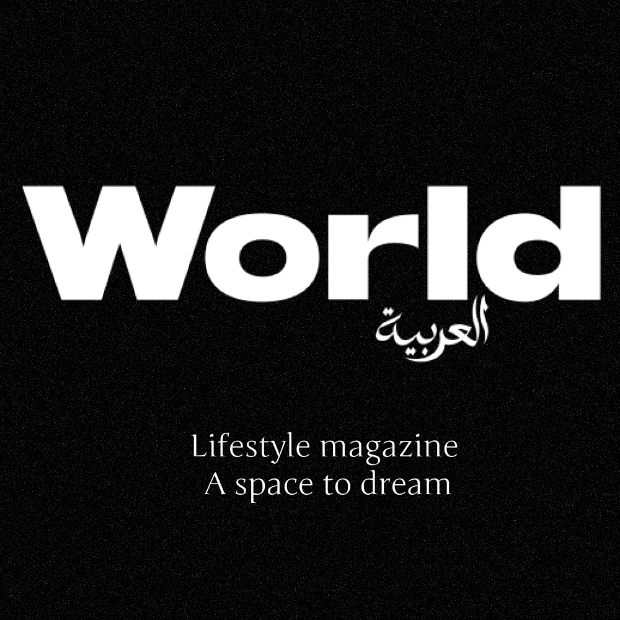RIYADH: Banks in Saudi Arabia disbursed SR60.92 billion ($16.24 billion) in residential mortgages during the first nine months of 2024, marking a 4.88 percent year-on-year increase.
The Saudi Central Bank, or SAMA, released the data, revealing that 64 percent, or SR38.85 billion, of these loans were designated for house purchases. This segment saw a 3.38 percent decline compared to the same period in 2023, with its share of total loans decreasing from 69 percent.
In contrast, demand for apartment mortgages surged, capturing 31 percent of the total, up from 25 percent a year ago. This category reached SR18.6 billion, reflecting a 26.8 percent growth and highlighting the growing preference for apartment ownership due to urbanization and demographic shifts.
Furthermore, loans for land purchases grew by 8.26 percent annually, totaling SR3.5 billion, indicating sustained interest in land investment across the Kingdom.
The surge in residential mortgage lending is driven by population growth, evolving mortgage policies, and increased interest in apartment living. According to a recent report by online real estate platform Sakan, Saudi Arabia’s population has increased by four million over the past five years, driving up housing demand.
The growth of the expatriate population, which rose from 9.9 million in 2010 to 13.4 million in 2022, adds pressure to the rental market, especially in major cities. The government’s efforts to promote home ownership through buyer-friendly mortgage policies are fueling this demand.
Favorable mortgage options and the introduction of the Premium Residency Visa, often referred to as the “Saudi Green Card,” are attracting foreign investors. This visa allows purchases over SR4 million, boosting interest in upscale residential investments.
The value proposition of apartments is evident, with SR1 million offering varying sizes depending on the city—ranging from 131 sq. meters in North Riyadh to 333 sq. meters in Dammam.
High rental yields, particularly in Riyadh and Jeddah, make apartments attractive for long-term investments. Two- and three-bedroom apartments in Riyadh yield 9 to 10 percent, while Jeddah offers even higher returns at 11.7 percent.
The rapid evolution of real estate technology is also driving this surge. Platforms like Sakan are enhancing transparency, streamlining transactions, and providing data-driven insights, supporting the sector’s growth.
As property technology continues to integrate into the Saudi market, it is expected to sustain the momentum of residential lending and meet the needs of a tech-savvy, expanding population.
Source link: https://www.arabnews.com






